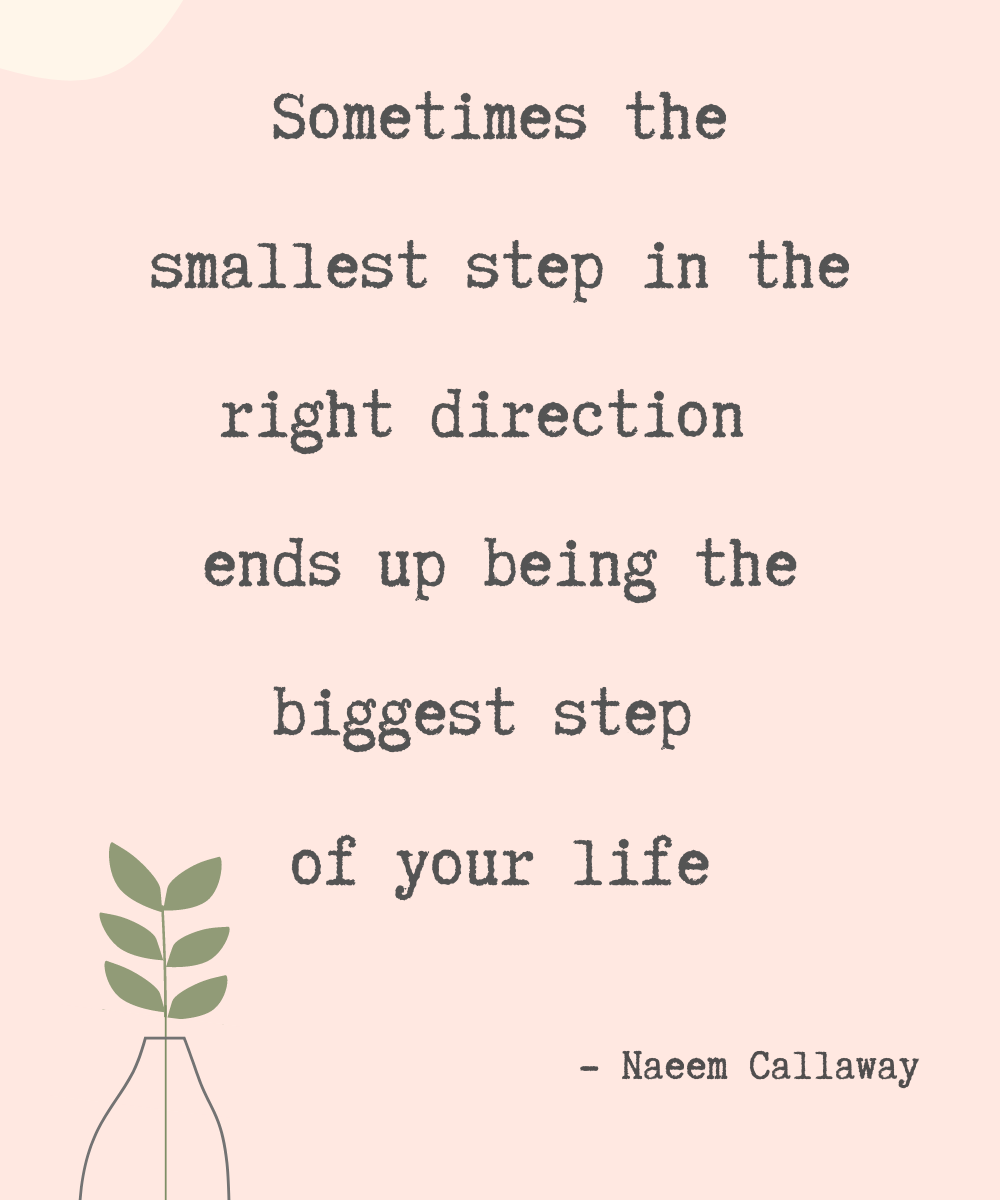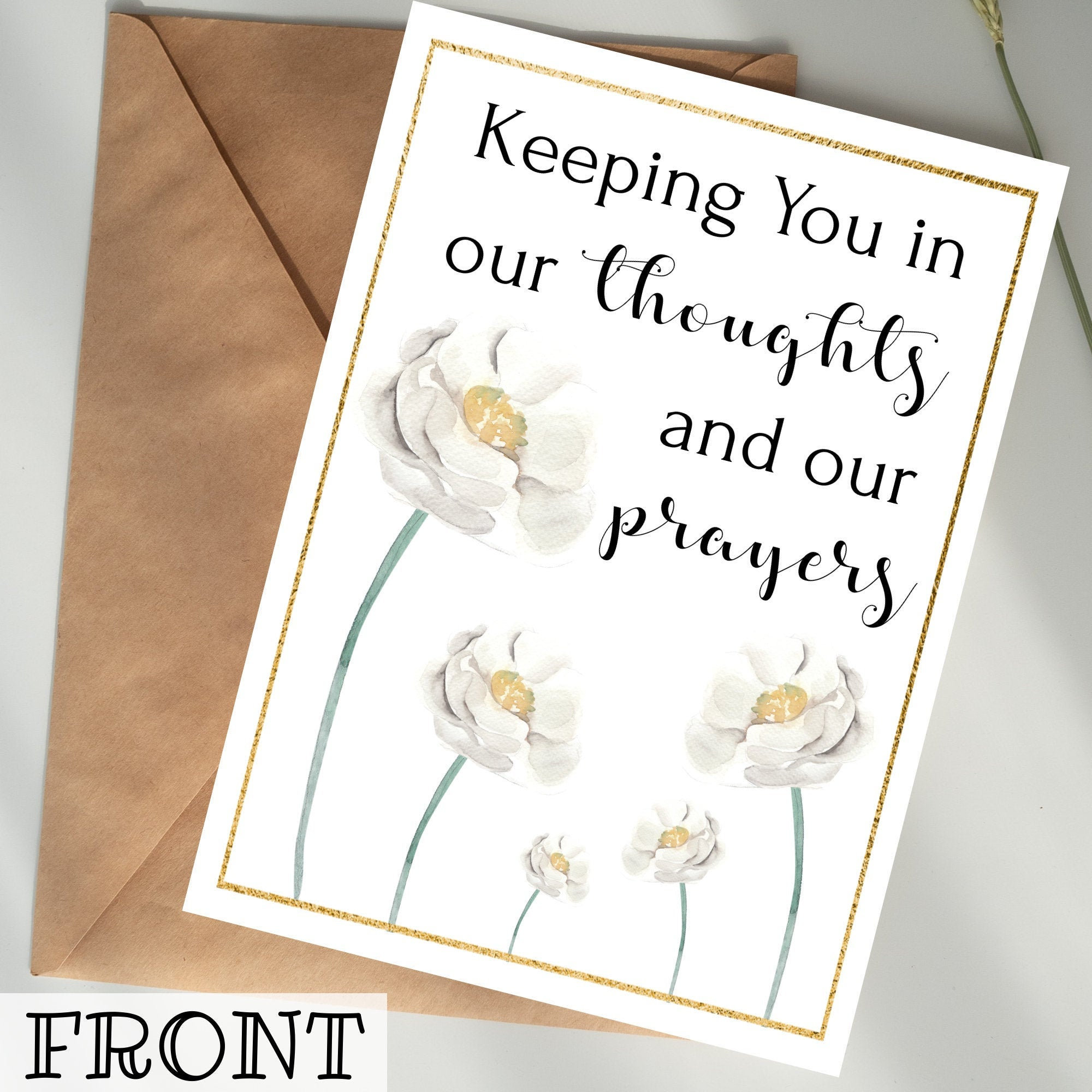-
Posts
10,480 -
Joined
Content Type
Profiles
Forums
Events
Articles
Downloads
Posts posted by MartyT
-
-
How are you doing, my friend? We haven't heard from you in a while.
Here is another online webinar that made me think of you:
Navigating the Holidays as a Grieving Father
October 25, 2023 @ 8:30-9:15pm EST
When: October 25, 2023 @ 8:30-9:15pm EST
Where: Zoom
Cost: Free
For more information contact Executive Director, Fred Spero, at info@nationalwidowers.org.
Upon registration, you will be sent a confirmation email. Please use this email to access the online workshop. A reminder email will also be sent the day of the event.
Disclaimer: The information shared in this program is not intended to act as a substitute for any legal and mental health advice concerning individual situations; neither the National Widowers’ Organization, its Board of Directors, staff and personnel shall be responsible for any outcomes arising from any information or exercises provided in this program.
NWO is a nonprofit grief and resource organization dedicated to helping men whose spouse/partner has died, and all men who have experienced the death of someone significant in their lives through the Men’s Grief Network℠.
-
 1
1
-
-
You have a lot of self-awareness, MaryMae, and I think you would do well to find a therapist who can help you better understand and work through these various issues. Think of it as a gift you can give yourself! Good therapy can be life-changing ~ for the better! You are worth it, and you deserve it! I wish you nothing but the very best! ❤️

-
 1
1
-
 1
1
-
-
I hope you will bear in mind that feelings are not facts. Feeling stupid, used and humiliated does not mean that you are, in fact, all those awful things. Feelings are neither right or wrong, good or bad. They just are. We can't always control what we are feeling ~ but we most certainly can control what we DO with what we are feeling. Allow yourself to feel whatever it is you are feeling ~ but also let the feelings see the light of day; share them with trusted others (as you will find right here) so you can examine them more objectively ~ then without judgment, allow yourself to let them go. What really matters is how you behave and how you act in the face of your feelings. You've used your own common sense in this most difficult situation. Tune into the more positive feelings that you certainly deserve ~ feelings like pride, self-esteem, self-worth, self-preservation, positive regard for yourself, and confidence in knowing what you deserve, what is true and what is best for YOU. ❤️
-
 1
1
-
-
Dear Ones, I'm so sorry to learn of the tragic loss of your beloved Tucker. The photo you've included is adorable, and I can only imagine how your hearts are breaking with the pain of losing your boy ~ especially in such an unexpected and traumatic way.
I hope you will give yourselves permission to mourn this loss, and to take whatever time you need to do so.
Clearly Tucker was a treasured member of your family, and understanding the significance of this loss ~ how much he meant to both of you ~ is important as you come to terms with your grief.
I hope you'll find these readings to be helpful ~ and know that we are thinking of you as we hold you in our hearts:
Pet Loss: When Guilt Overshadows Grief
Pet Loss: Why Does It Hurt So Much?
Pet Loss: Is It A Different Kind of Grief?
❤️
-
 1
1
-
-
I'm so sorry, MaryMae. Still, I hope this disappointing news will convince you that, in the end, you are better without this man. (I wonder how long it will be before his mother finds a way to get rid of this new person in her son's life.)
Thinking of you ❤️
-
 1
1
-
-
5 hours ago, MaryMae said:
Grief may be a part of it, but I think his never-ending devotion to his mother and to her needs is the real problem.
I agree, MaryMae. The real problem here is the unhealthy attachment between this man and his mother. He is putting his mother's needs ahead of his own ~ and most certainly ahead of yours. Nothing you can say or do will change that. This is something that only he can change, and only if he wants to do so.
Be grateful that you have enough sense to recognize the giant red flag that is warning you to walk away from this. Listen to your own good instincts, and give yourself permission to mourn what YOU have lost.
-
 1
1
-
-
So sorry to learn of your accident, Kay! How did you manage to cut yourself so badly? Sending healing thoughts to you, for sure! ❤️
-
 2
2
-
-
Good for you, MaryMae! Good for you! ❤️
-
 2
2
-
-
Hoping you'll find some of these resources helpful: Mourning The Death of A Love Relationship: Suggested Resources ❤️
-
19 hours ago, MartyT said:
So if you don't hear from me tomorrow or the next day, know that my electricity is down and I'll be back here ASAP.
Update: All is well. Power is on. I am fine and I am grateful. ❤️
-
 4
4
-
-
This storm is due to hit Sarasota this evening into tomorrow morning. My home is not in a flood zone, so the predicted "storm surge" probably won't affect me ~ just heavy rain and high wind. We are preparing for loss of power ~ that's usually what happens to us during these kinds of storms. So if you don't hear from me tomorrow or the next day, know that my electricity is down and I'll be back here ASAP. Meanwhile, please continue to take good care of one another ❤️
-
 2
2
-
-
You might find this article helpful: Your Partner Is Not Your Therapist
-
 1
1
-
-
8 hours ago, MaryMae said:
I feel sad that he doesn't have a great support system around him, and it might sound selfish of me, but I don't want to become his emotional crutch right now. If we were together, I'd offer him all of my support, but I'm still hurting from the breakup and I feel like maybe I should prioritize myself.
I once heard a radio therapist say this to a caller: "You were not put on this earth to be your partner's therapist, and he was not put here to be yours." Clearly this man has needs that go way beyond your ability to fix, and his lack of a "great support system" is not your problem.
Your first obligation is to take care of YOU ~ and that is not being selfish. Yes, you are still hurting from the breakup, and yes, you should be putting your own needs first. There is nothing selfish about that. Be strong, and continue using your own common sense and good judgment here. ❤️
-
 1
1
-
-
-
-
You are still very early in your grief, my friend, and the shock of losing your beloved is only just beginning to wear off. With every passing day, you're becoming more and more aware of all that you have lost.
As Litsa Williams writes in Secondary Loss -- one loss isn't enough??!! :
QuoteWhen we experience death the grief associated with the loss itself is excruciating. There are the obvious things we “expect” (though it is hard to describe anything with grief as expected). In the immediate, the pain of the loss can be all-consuming. But in the weeks and months that follow there can be a sense that we are losing even more than just that person. The world turns upside down and suddenly it feels like everything is changing or disappearing.
This snowball effect stems from the fact that death does not just create a single hole in one’s life. Instead, the loss can impact many areas of one’s life, creating multiple losses from that “primary loss”. Though it is easy to think that our grief is solely the grief of losing the person we cared for so deeply, our grief is also the pain of the other losses that were a result of the death. You will hear these losses referred to as “secondary losses”, not in the sense that their impact is secondary, but rather that they are a secondary result of the primary loss.Examples of secondary loss might include the loss of your role as a husband, loss of self confidence, loss of a sense of life's purpose, loss of hope for the future, loss of your dreams for the future ~ and so on.
Like all the rest of us coping with significant loss, you are in the process of coming to an understanding of the death of your wife and the enormous impact it has had, and will continue to have, on your life. After a death like this, there is no getting back to normal, dear one. Over time, as you gradually sort through all of this and come to terms with it, a "new normal” begins to take shape ~ but the missing of your beloved doesn't end with the passage of time, and the actual process of grief is never really finished, despite anyone else’s attempts to rush you through it.
I'm sharing with you an important insight written by author and hospice pioneer Christine Longaker. Note that it happened two years into her grief at losing her beloved husband ~ and you are only at the five-month mark:
QuoteInstead of letting go of our attachment as we grieve, we can make the mistake of grasping on to the deceased person even more strongly. Halfway through the second year after my husband's death, the cycles of intense pain and sadness were continuing, and I felt a fresh fear that my grief would never finish. Part of me wanted to ignore this intense pain returning month after month, to push it down and avoid it all together. Yet I suspected that repressing my own pain would not help in the long run either, so I decided to bring more awareness to my situation. I asked myself if I was doing anything that might be prolonging the mourning process.
Then I uncovered the secret thoughts I was generating each time I felt deep sadness and pain: I can't live without you. I hate being alone. I want you back. There was so much grasping in my mind, so many wishes that could never be satisfied! If I continued to think and feel this way, I realized, there would be no end to my grief and despair. It was clear that I needed to replace my grasping with a new way of thinking: I am letting you go and wishing you well. I am going to survive and be strong. I am going to make a new life for myself. When I felt the deep pain and sadness rising again, I began practicing letting go in this way. After a few months of taking this approach, my process of mourning finished [Facing Death and Finding Hope: A Guide To The Emotional and Spiritual Care Of The Dying, p. 168.]-
 2
2
-
 1
1
-
-
Help and support is available at the National Widowers’ Organization and The Men's Grief Network.Raising Children After the Loss of a SpouseThursday, August 24, 2023, 8:30 pm Eastern Time (US and Canada)
Call it, "Solo Parenting," "Survival Parenting," or "Mr. Mom," there is little doubt the loss of a spouse disrupts a household and presents extraordinary challenges to widowers who must deal with their grief and the grief and loss felt by their children. Serving as the single parent adds other challenges to managing schedules and the household alone. AJ Coleman, Adam Larson, and Joe Walko – all widowers who went through this experience – will be the panelists with Ken Levy moderating the discussion regarding raising children alone. Each of them will share their experience dealing with an infant, several young children, and teenagers in this situation.
Register for this free session in advance HERE.-
 2
2
-
-
35 minutes ago, weaksoul said:
I am constantly worried "what if something happens to me"?
If you are constantly worried about this, you can be sure that your kids are worried about it, too. When young kids lose one of their parents, it is only natural for them to wonder (whether they say so or not) what will happen to them if the other parent dies. They need reassurance from you that you are in good health, that you will do all you can to be careful and stay healthy, and that there will always be someone there to take care of them if something happens to you (assuming all of that is true). Are there grandparents or other relatives in your family whom you would trust to be there for your children if you became ill or incapacitated? Have you talked with an attorney / estate planner about this? Is your will up to date? See Planning For Your Child’s Care in the Case of Death or Disability ❤️
-
 1
1
-
-
-
-
-
23 hours ago, Novi said:
What do people usually do with the letters they write?
Some set a match to their letters, letting the smoke carry their contents to the sky ~ a symbolic way of sending their message to the spirit of their loved one. You can bury the letter, or release it to a body of water, or just save it and put it in a safe place. The idea is to contruct a ritual that holds meaning for you.
See, for example, Grief Rituals and the Healing Process:
"In grief, rituals are an important part of the healing process. Rituals provide order to the chaos of grief. They usually involve distinctive ingredients such as candles, food, a special space or place. Rituals have a beginning, a middle and an end. They speak to our hearts and legitimize our emotions while forcing us to focus on the present.
"Rituals create bridges for moving from one psychosocial status to another. From spouse to widow or from child to orphan, rituals can help with the transition. Anything that has special meaning to us may be part of our mourning ritual, from displaying photographs to bringing flowers to the grave. Again, any act done with intention can be a ritual. It’s about the intention — not just going through the motions." ❤️
-
 1
1
-
-
I understand your missing your mom so much as you so desperately wish she were here to celebrate with you ~ but even though you cannot share your good news with her in person, perhaps you might find some way to do so symbolically. For example, you could write a letter to your mom, telling her all about your new job opportunity. The love you have for your mother has not died, and she lives on in you just as long as you keep her memory alive in your heart. She is part of your very DNA. As long as you live, so will a part of her live on in you. In that sense, she is on this new planet with you, but in a different form. Carry her in your heart. Bring her with you, live your new life in her honor, and know that you are not alone. ❤️
-
 3
3
-
-
We are holding you in our hearts and lifting you in our prayers, dear one. You are not alone. ❤️
-
 2
2
-






My boyfriend broke up with me after his father's death and he's having his mother move in with him
in Loss of a Love Relationship
Posted
Good for you!